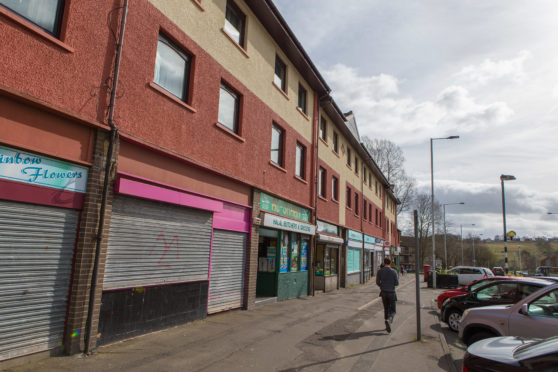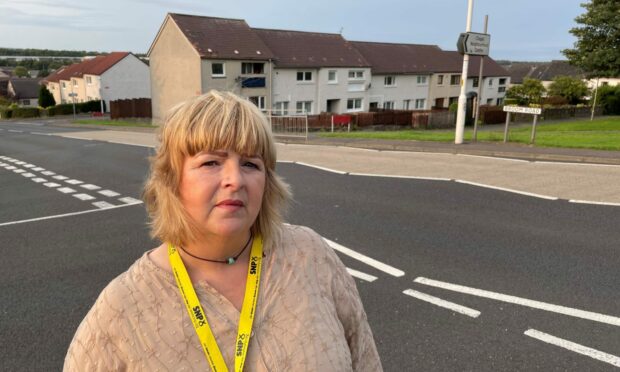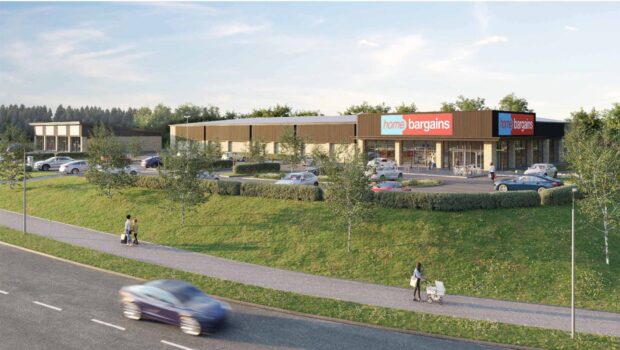Children in Fife’s most deprived areas are suffering most from the impact of welfare reform, according to the most recent figures.
A damning report into poverty across the region revealed people in the poorest areas are becoming worse off and fewer Fife employees are being paid the living wage.
As a result, more children already living in deprived areas are being pushed into poverty.
Lesley Laird, the Labour MP for Kirkcaldy and Cowdenbeath, said the figures “make a mockery” of a claim by the Conservatives that austerity is over.
She said: “Speak to charities in my constituency where staff all describe how they’re struggling to cope with the disastrous impact of Universal Credit, and that includes an increasing number of people deemed ‘working poor’.
“It’s disgraceful, when the UK economy is the fifth wealthiest in the world, to see so many people reduced to what can only be described as Dickensian levels of poverty. This really is destitution by design. It’s morally corrupt and completely unnecessary.”
The report to Fife Partnership Board said while there had been an overall improvement in rates of child poverty, the percentage of children living in households with less than 60% of the median income had increased in the last year.
Median earnings for people in mid-Fife were also lower compared to Fife as a whole, as well as the rest of Scotland.
The increase in the number of Fife jobs paying less than the living wage was out of step with progress made across Scotland, said the report.
Fife Council’s director of finance and corporate services, Eileen Rowland, said the increase in poverty among the most deprived areas was “concerning”.
She added: “There has been a lot of action taken to mitigate the impact of welfare reform – discretionary housing payments, crisis grants paid to those in need and community job clubs.
“A lot of work is ongoing with credit unions also.”
Ms Rowland added more access to credit unions was needed across Fife to help people manage their finances.
Fife’s poorest residents are also dying younger, according to the Opportunities for All report.
This is despite an overall reduction in levels of preventable ill health and premature mortality across the region.
“Between 2016 and 2017 the gap between the rate of premature mortality for residents of our most deprived communities and our least deprived increased slightly. That’s a trend we need to focus on reversing,” said the report.
Tricia Marwick, NHS Fife board chairwoman, said no children in the kingdom should be living in poverty.
“If we’re serious about tackling poverty, we have to start from a baseline that there is no acceptable level of poverty,” she said.
The Department for Work and Pensions was contacted by The Courier but has yet to respond.










